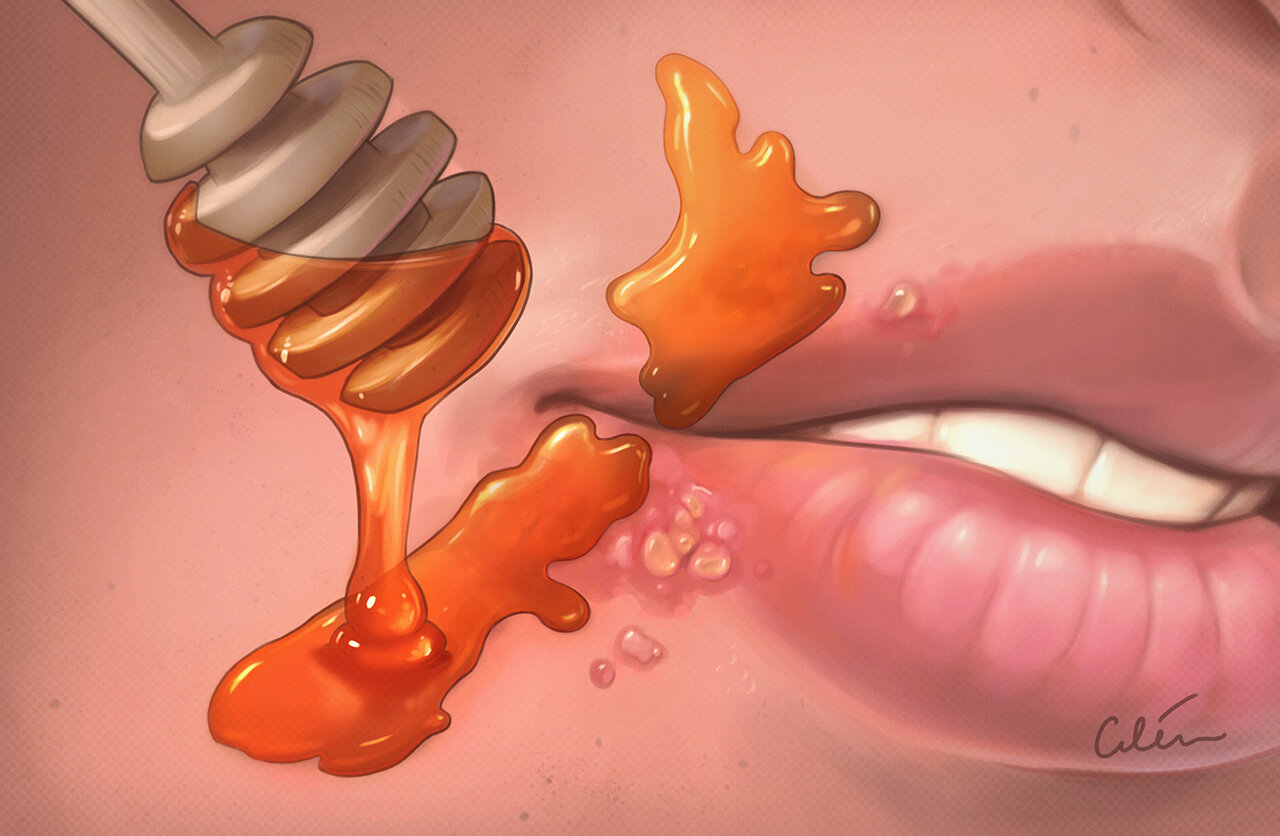Kānuka honey found as effective as standard anti-viral treatment for cold sores, in large-scale randomised controlled trial
A unique pharmacy-backed trial, one of the largest medical studies of its kind ever undertaken in this country, has shown that honey derived from the New Zealand kānuka tree is just as effective in healing cold sores as standard pharmaceutical anti-viral treatment.
The results published in the prestigious British Medical Journal Open, has shown that a New Zealand kānuka honey formulation Honevo (90% kānuka honey and 10% glycerin) is as effective as Viraban (5% aciclovir cream) in the time it takes to reduce pain and heal a cold sore.
Dr Alex Semprini who led the study, says it’s unusual for a company selling an alternative medicine to undertake a randomised trial comparing its product with a traditional pharmaceutical medicine. Community pharmacy involvement for this trial was pivotal.
“The Pharmacy Research Network development was a step into the unknown for the MRINZ as we traditionally conduct hospital-based clinical trials on prescription medicines” says Dr Semprini. “The enthusiasm and professionalism of both New Zealand pharmacists and participants was incredible and has created a new cost-effective, efficient and high-quality way to see if commonly-used over-the-counter treatments work. We now have the beginnings of an Australian arm to the Network for trials this year on eczema and acne and have been working with the Pharmacy Guild here to develop formal professional development credits to pharmacists who take part in such studies”.
The Health Research Council (HRC), which provides Independent Research Organisation (IRO) funding to MRINZ, says studies on every-day health problems can be seen as less exciting, but these findings are important.
‘Some dismiss cold sores as minor but they can be quite distressing” says HRC Chief Executive Professor Kathryn McPherson. “Finding new remedies, drawing on some of New Zealand’s great natural products, will be positive for patients, and should have significant commercial potential.”



